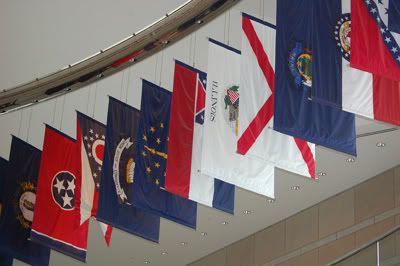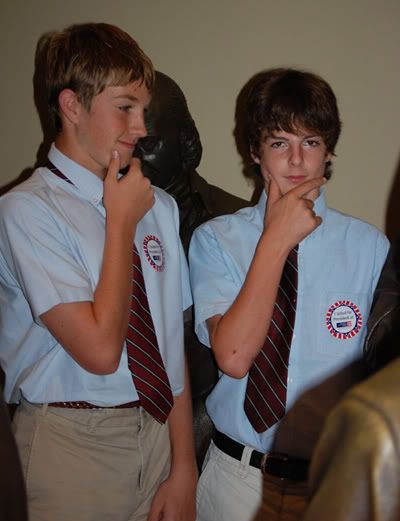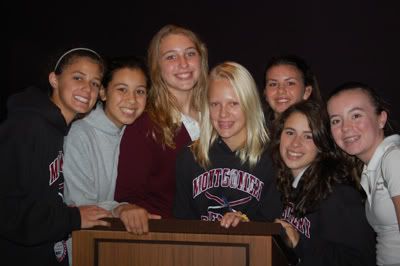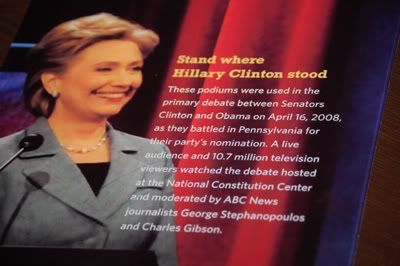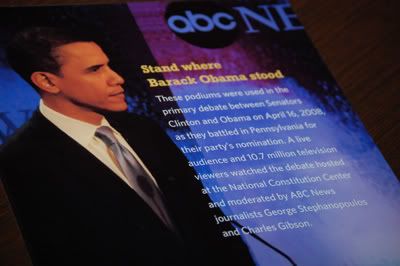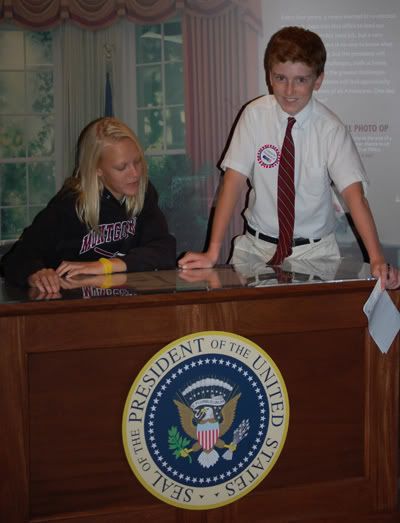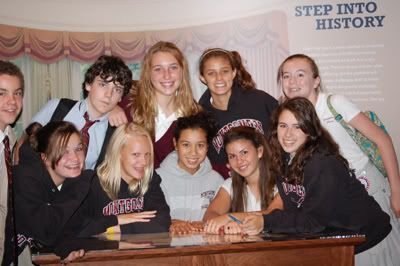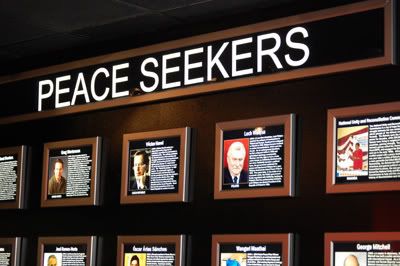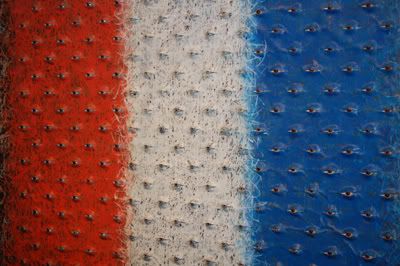
The first thing that you will be doing after you choose a potential project is to write a Prospectus or Persuasive Essay. In a one page, 5 paragraph essay, explain your choice for your year-long independent study exercise, the Make a Difference Humanities Project. The purpose of this essay is for you to convince us of the importance of your choice of topic to understanding how the person or organization made a positive contribution to society.
In order to do this, you must spend some time doing preliminary background research so that you are able to write convincingly of your topic's positive contribution.
Try to avoid statements such as:
"Please give me this topic because I want it."
"Please give me this topic because I like it."
~refer to the next blog post about tips for persuasive writing for more help.
Suggested format:(remember that a paragraph is usually 6-8 sentences)1st paragraph: Introduction to your topic.
2nd paragraph: Why your topic is an important topic to study (introduce your evidence to support your argument)
3rd paragraph: Introduce what you know about the positive contribution of your topic to the service of humanity.
4th paragraph: Why this topic is meaningful to you. Why did you select this topic?
5th paragrpah: Conclusion to your topic and of your argument.
















